Toolbox in Action
Explore how participatory meanwhile interventions unfolded in the context of seven regeneration initiatives across Europe & Asia.
Particularly suggested for policy-makers, practitioners, and researchers.
About
Trafaria Lisbon
Trafaria is an old fishermen’s village that belongs to the Municipality of Almada and to the Lisbon Metropolitan Area on a larger scale. The village is delimited by the Tagus River on its northern bank, the Atlantic Ocean on the West and a mountain ridge that separates Trafaria from Almada city centre on the East. Despite its proximity to Lisbon, the town is quite isolated from the capital and the commute is only possible with public transport (ferry or bus) or private car.
Trafaria’s geographical location has been at the centre of debates for years. There is a common concern that Trafaria may become a repository for the capital, suffering further the consequences of uneven urban development that might hamper the identity and cultural heritage of the village, and bring about negative impacts on citizens’ lives. At present, Trafaria sees the presence of one of the largest informal settlements in the country – the Segundo Torrão neighbourhood, with high levels of poverty, deprivation and concentration of people with a migrant background. Besides, the depletion of local fishery and rapid changes in the structure of the local economy in the past few years have seriously affected the quality of life of the local population.
The Presidio and IAT@T
Trafaria has a rich architectural heritage yet often in a bad state of conservation. Amongst the historical buildings, the Presidio stands as a symbol of the history of the village and of Lisbon at large. It used to be the Lazareto building, possibly the first building in Trafaria. It was built in 1565 to quarantine ship sailors in order to prevent the spread of plagues in the city. In 1683, a fort was built next to the Lazareto to complement the defence of the capital. By 1751 the fort was turned into a prison. In the early 1900s, with the end of the Portuguese monarchy, most of the fort was demolished, and facilities were adapted to make it a military prison for the Portuguese Navy. With the start of the republic, the prison started to host civilian prisoners, a status consolidated with the dictatorship, when opponents to the regime were incarcerated in the Presidio. The building kept its military function until 1981. In 2000, after 40 years of abandonment, the Municipality of Almada acquired the building with the aim of initiating plans and agreements for its restoration and rehabilitation. A key step in this journey occurred in 2020, when NOVA University – one of the largest higher education institutions in Portugal – was granted with a 50-year lease agreement by Almada’s municipality.
IAT@T
The NOVA IAT@T project aims to transform the Presidio into a centre for arts, culture and creativity that is to become the main catalyst for higher education, applied research and opportunities for enterprises. At the local level, the NOVA IAT@T is expected to become a driving force that brings economic development to the town, contributes to the preservation of heritage and develops educational programmes for the residents. NOVA IAT@T brings together NOVA University’s Faculty of Science and Technology (FCT) and the School of Social Sciences and Humanities (FCSH). The two Faculties currently welcome a total of 6,000 students, and employ over 100 staff members and several hundreds of researchers.
Challenges and opportunities for Meanwhile intervention
One of the biggest challenges is to develop the IAT@T as an integral part of the territory and in synergy with the local communities, creating job opportunities, attracting new actors and investment in local infrastructure. Temporary uses are an opportunity to get the NOVA community together with the local community through the planned activities, by providing them with awareness of the existing development proposals and the opportunity to have a say on it.
City: Trafaria (Lisbon)
Country: Portugal
Location: Nossa Senhora da Saúde da Trafaria Fort or Presidio, a former jail in the parish of Trafaria, Almada Municipality.
Scale: 1,115 sqm
Investment: €11M: 40% from public sources (ERDF and Cohesion Fund) and 60% from private funds
Land: City of Almada
Governance: NOVA University and City of Almada
Timeline: 2020 – 2025
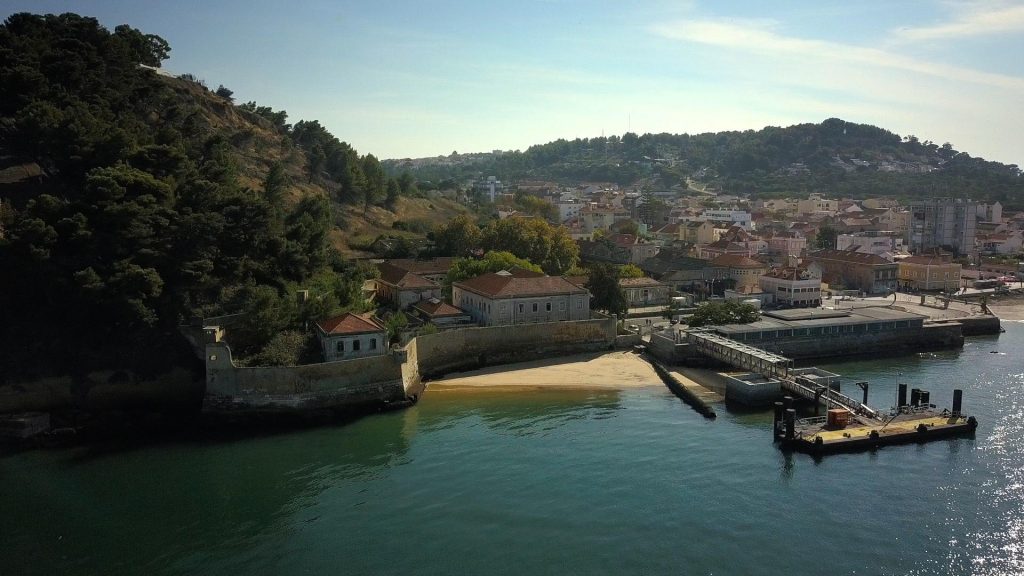
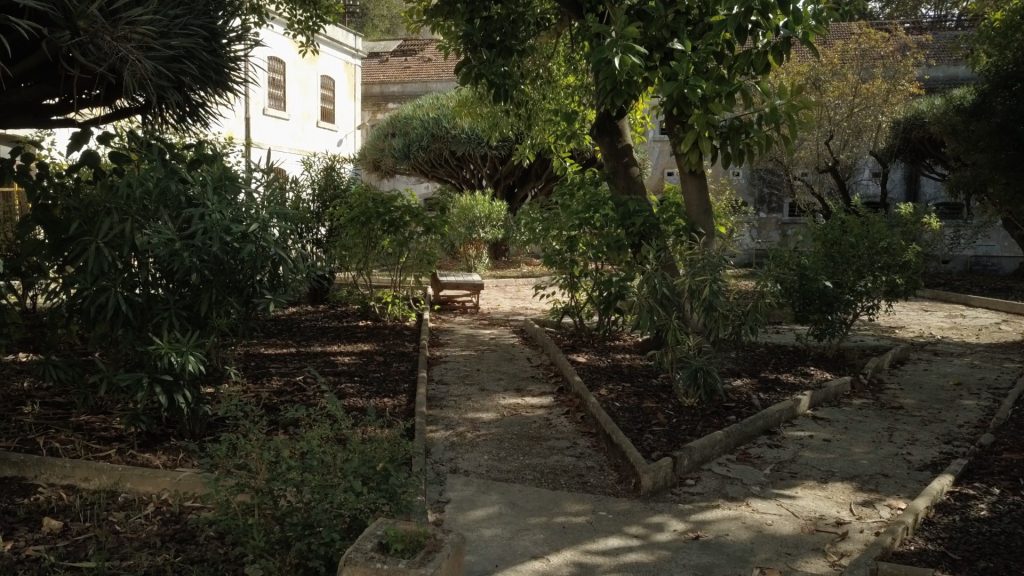
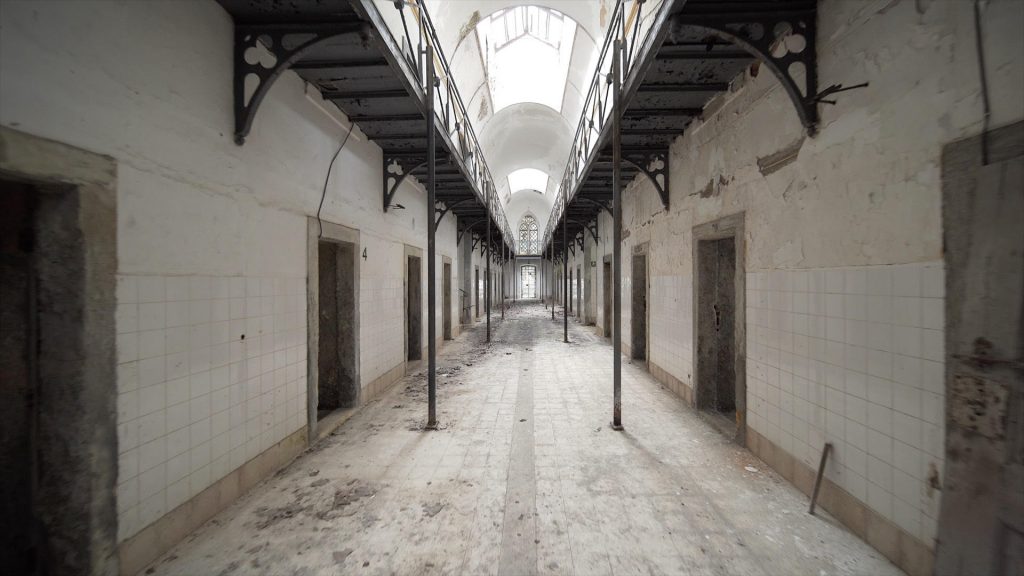
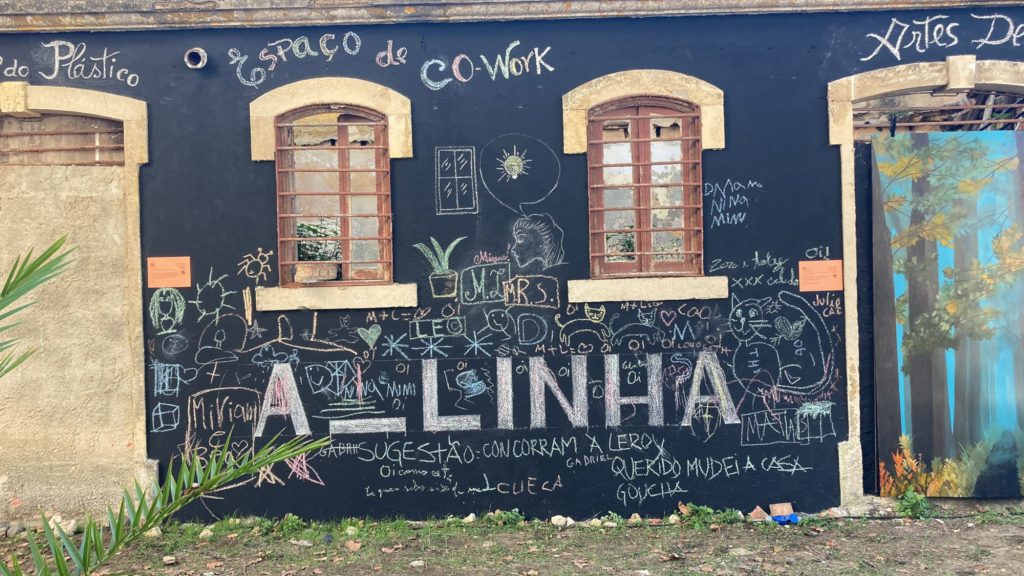
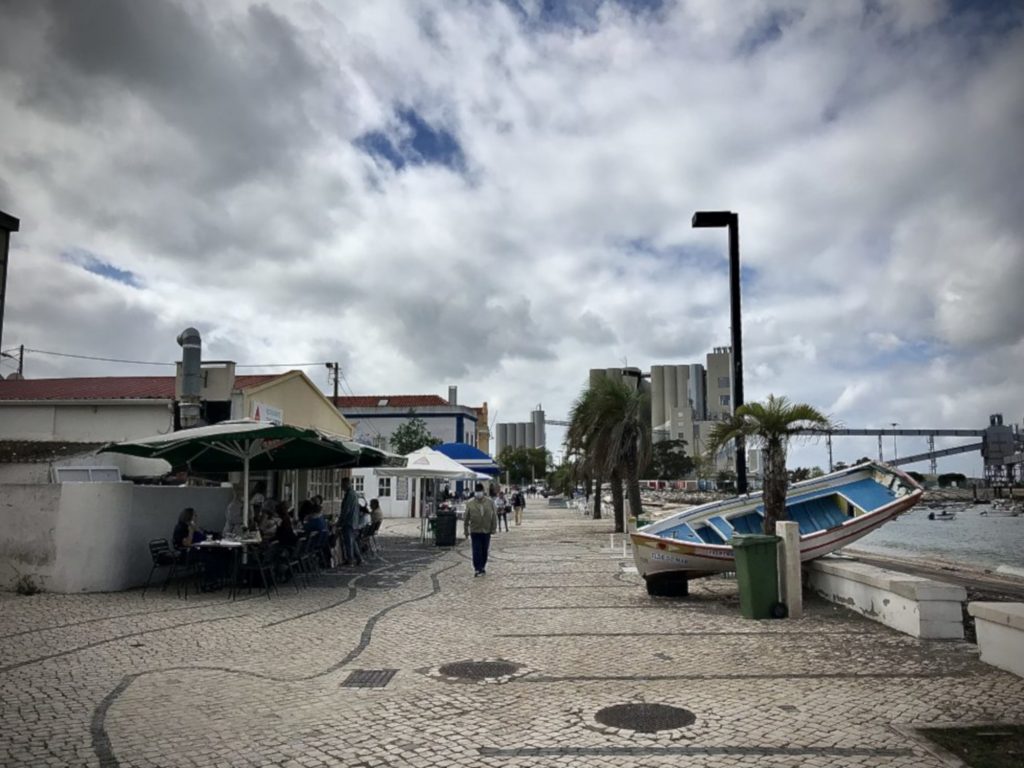
Privacy Overview
| Cookie | Duration | Description |
|---|---|---|
| cookielawinfo-checkbox-analytics | 11 months | This cookie is set by GDPR Cookie Consent plugin. The cookie is used to store the user consent for the cookies in the category "Analytics". |
| cookielawinfo-checkbox-necessary | 11 months | This cookie is set by GDPR Cookie Consent plugin. The cookies is used to store the user consent for the cookies in the category "Necessary". |
| CookieLawInfoConsent | 1 year | Used to save user's preferences about the cookies. |
| PHPSESSID | session | Preserves user session state across page requests. |
| viewed_cookie_policy | 11 months | The cookie is set by the GDPR Cookie Consent plugin and is used to store whether or not user has consented to the use of cookies. It does not store any personal data. |
| Cookie | Duration | Description |
|---|---|---|
| _ga | 2 years | This cookie is set by Google Analytics. It is used to identify unique users and it expires after 2 years. |
| _gat | 1 minute | This cookie is set by Google Analytics. It is used to by Google Analytics to throttle request rate. |
| _gid | 24 hours | This cookie is set by Google Analytics. It is used to identify unique users and it expires after 24 hours. |